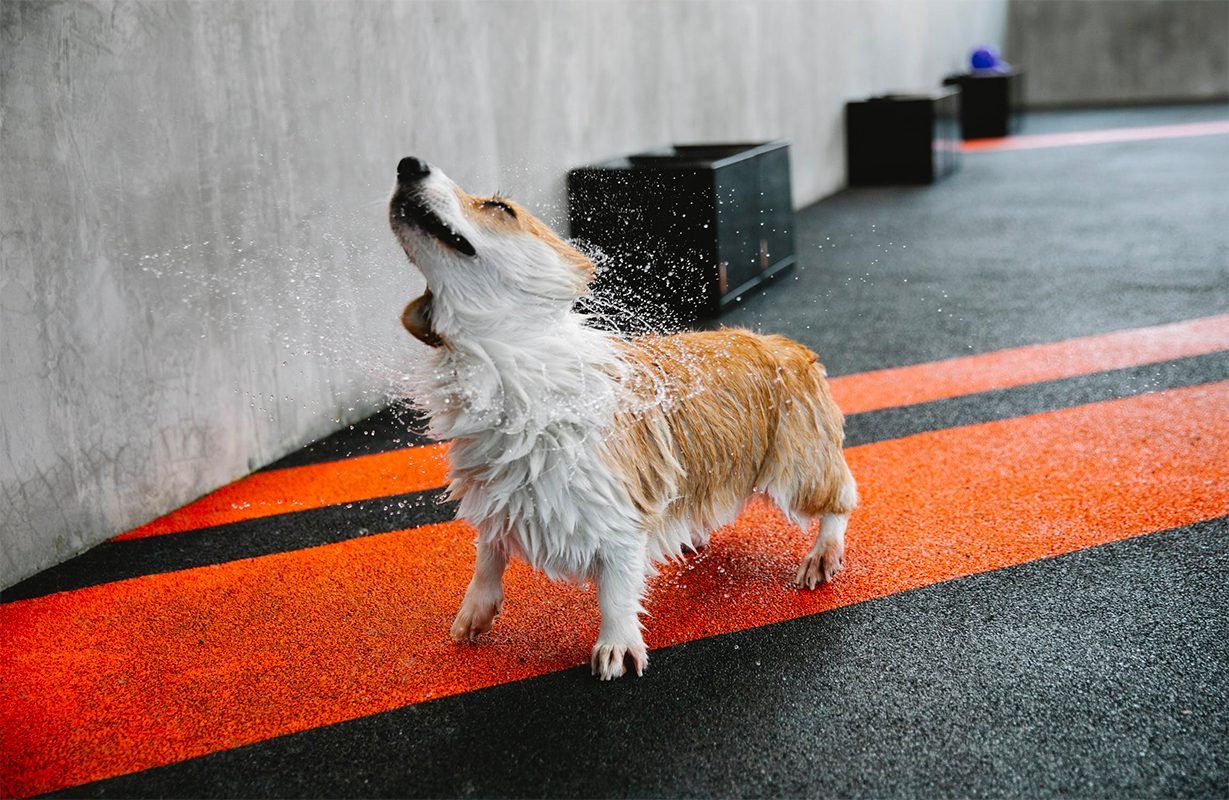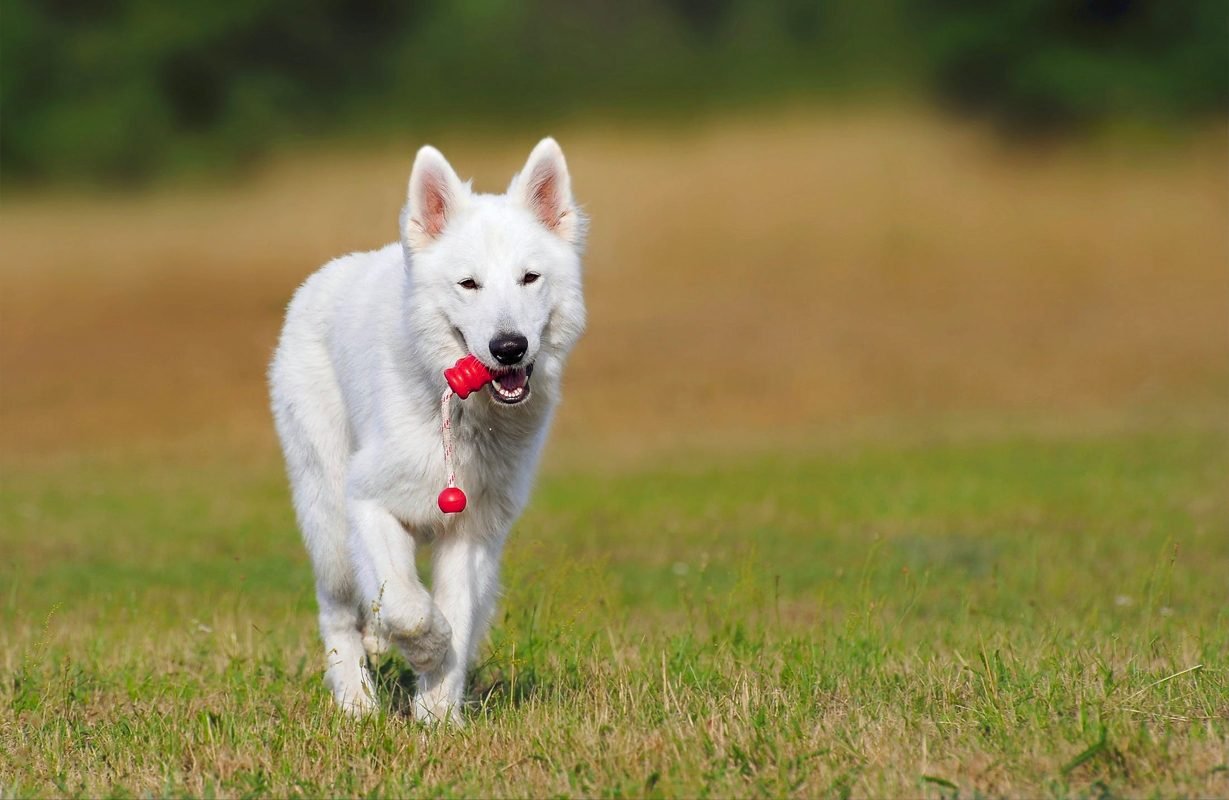As pet owners, we cherish our furry companions and strive to provide them with the best care possible. However, it’s essential to be vigilant and proactive when it comes to potential problems that may arise in their lives. By analyzing these issues early on, we can take steps to ensure our pets remain healthy and happy. In this blog, we’ll explore some common potential problems and how to address them effectively.
1. Understanding Behavioral Issues
Behavioral problems in pets can range from excessive barking and chewing to aggression and anxiety. These issues often stem from various factors, including lack of training, insufficient socialization, or changes in the environment. To address these problems, it’s crucial to observe your pet’s behavior closely. Keeping a journal of their actions can help identify patterns and triggers.
Tips to Address Behavioral Issues:
- Positive Reinforcement: Reward good behavior with treats or praise to encourage desired actions.
- Seek Professional Help: If the problem persists, consider consulting a veterinarian or a professional animal behaviorist for guidance.
- Socialization: Gradually expose your pet to different environments, people, and other animals to help them adjust.
2. Monitoring Health Concerns
Just like humans, pets can experience various health issues throughout their lives. Regular vet check-ups are essential for early detection and prevention of potential health problems. Common concerns include obesity, dental issues, and skin allergies.
Tips to Monitor Health:
- Regular Vet Visits: Schedule annual check-ups and vaccinations to keep your pet healthy.
- Watch for Symptoms: Pay attention to changes in behavior, appetite, and energy levels, and report any concerns to your veterinarian.
- Maintain a Healthy Diet: Feed your pet a balanced diet appropriate for their age, size, and activity level to prevent obesity and related health issues.
3. Assessing Environmental Factors
The environment in which your pet lives plays a significant role in their overall well-being. An unsafe or unclean living space can lead to various problems, including stress and health issues.
Tips to Create a Safe Environment:
- Pet-Proof Your Home: Remove hazardous items and secure dangerous areas to keep your pet safe.
- Provide Enrichment: Offer toys, scratching posts, and other forms of stimulation to keep your pet mentally and physically engaged.
- Establish a Routine: Consistency in feeding, playtime, and potty breaks can help reduce anxiety and create a sense of security for your pet.
4. Recognizing Dietary Needs
A proper diet is crucial for your pet’s health. Different breeds and life stages require specific nutritional needs, and feeding them the wrong diet can lead to health problems.
Tips for Proper Nutrition:
- Consult Your Vet: Discuss your pet’s dietary needs with your veterinarian to ensure they receive the right nutrition.
- Read Labels: Be mindful of the ingredients in pet food and avoid products with artificial additives and fillers.
- Watch for Allergies: Pay attention to any adverse reactions to certain foods, and consider an elimination diet if you suspect allergies.
5. Building a Support Network
In addition to being proactive about your pet’s health, having a support network of fellow pet owners, veterinarians, and pet care professionals can be invaluable. Sharing experiences, resources, and advice can help you navigate potential problems more effectively.
Tips for Building a Support Network:
- Join Local Pet Groups: Participate in community events or online forums to connect with other pet owners.
- Stay Informed: Follow reputable sources for pet care advice and updates on health and behavior.
- Collaborate with Professionals: Build relationships with your veterinarian, groomer, and trainers who can provide guidance and support.
Conclusion
Analyzing potential problems in our pets is a vital aspect of responsible pet ownership. By being proactive and observant, we can address issues before they escalate and ensure our furry companions lead happy, healthy lives. Remember, our pets rely on us to provide them with the care and support they need, so staying informed and attentive is key. Let’s embrace our roles as pet parents and create the best possible environment for our beloved animals.












